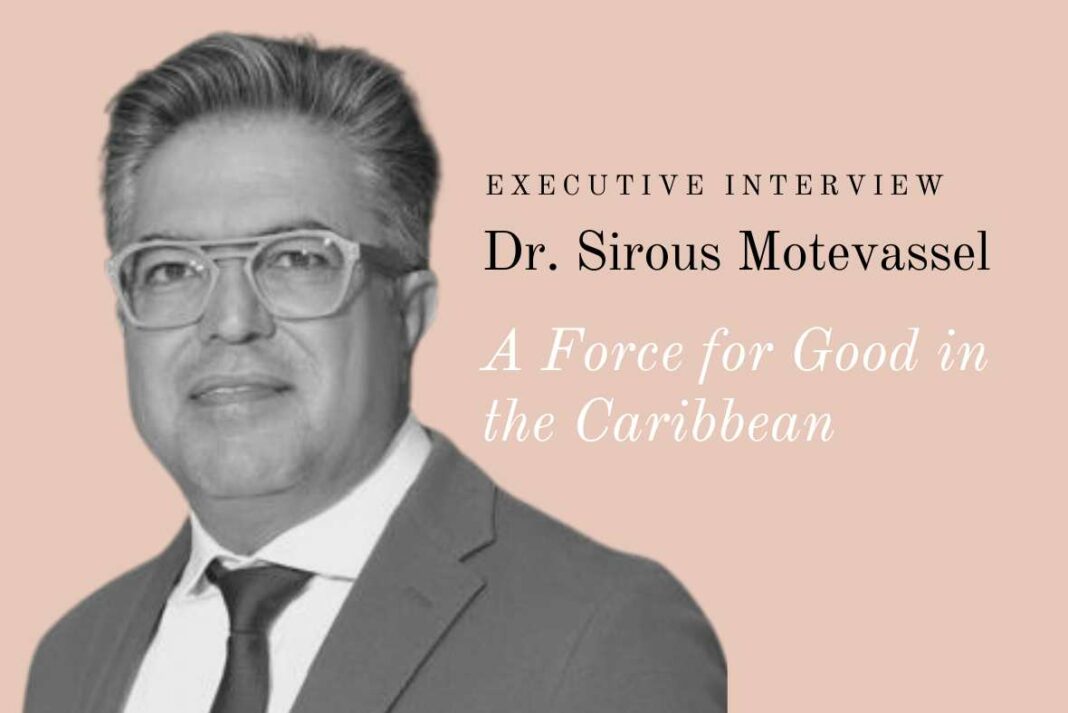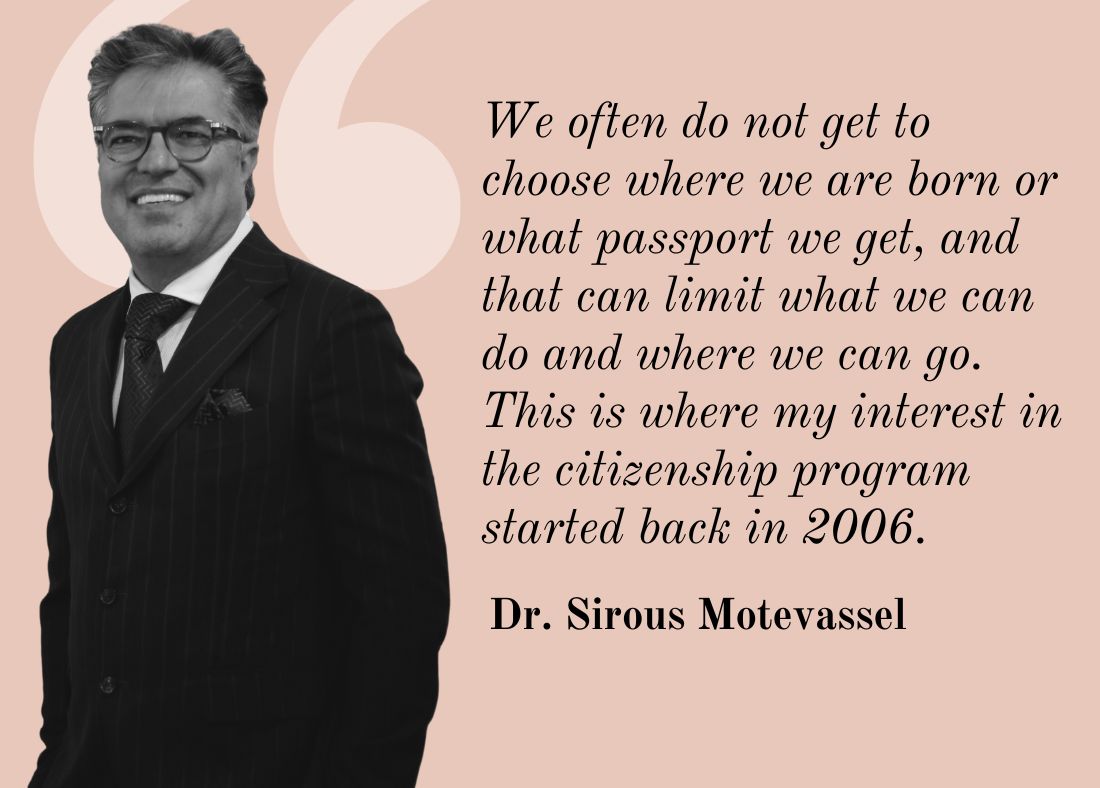Every week, IMGW.news presents an in-depth spotlight on companies operating in the Wealth Management, Investment Migration, Real Estate, and related service sectors. The objective of each feature is to offer our readers insights into the distinctive offerings and operational highlights of these firms, enhancing their knowledge of the key industry players.
You're Just a Couple of Clicks Away from IMGW.News Content...
1. New to IMGW.News?
If you're new to our portal, please subscribe here for free: Link2. Already Subscribed
If you are already a subscriber you can login from here: Link What's New?
What's New?
We've enhanced our subscription technology with features like the Reading App, making IMGW.News more robust, user-friendly, and fun to use. Enjoy!
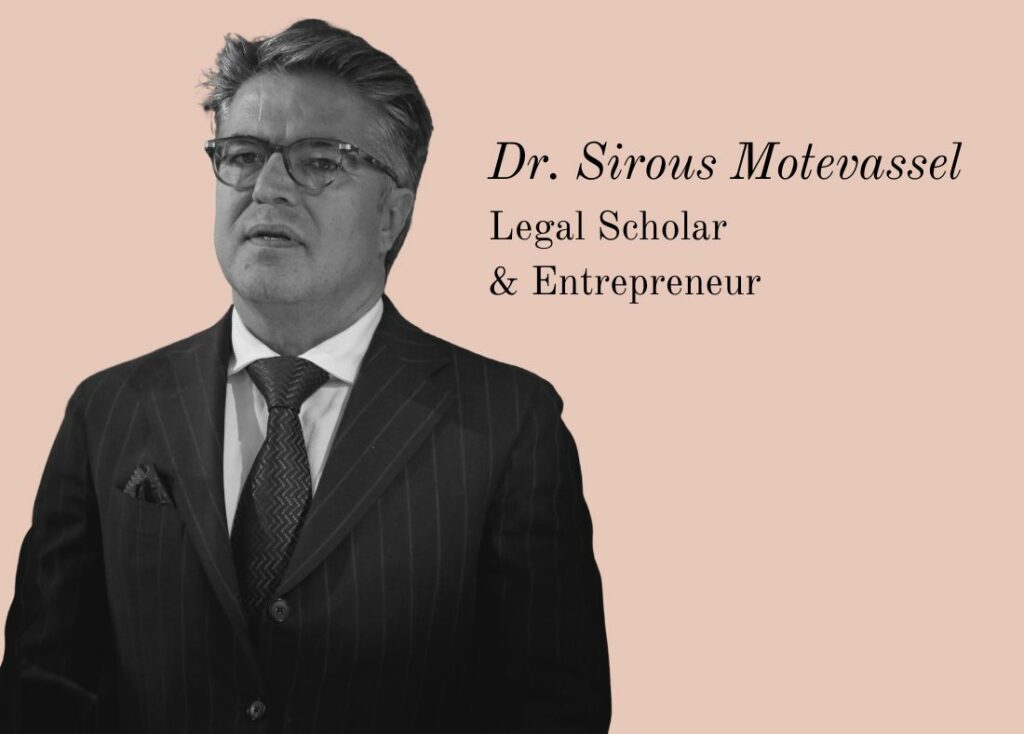
A Creative, Socially Responsible Entrepreneur
This week, we met with Dr. Sirous Motevassel, who is based in the bustling, glitzy city of Dubai.
Dr. Motevassel is a respected legal scholar and entrepreneur. He currently serves as the CEO of Prime Developments and Carib International. In addition to ambitious real estate developments, his companies specialise in delivering citizenship services, with a particular focus on the Saint Kitts and Nevis government-approved program.
One of the hallmarks of Motevassel’s projects is their global reach. A prime example is the Prime’s Performing Arts Centre, a groundbreaking social project currently in the works in Saint Kitts & Nevis. Upon completion, it will stand as a beacon for the entire Caribbean and a significant global draw for years to come.
Dr. Motevassel, a PhD holder in International Law, is a leading authority in multi-nationality studies. He spearheads the Modern International Studies Centre (MIS), focusing on international law research, particularly in the MENA region. His previous role at Henley & Partners in Dubai and global lectures at prestigious universities underscore his academic prowess. His diplomatic skills were evident during his tenure as an honorary consulate for Saint Kitts & Nevis.
Dr. Motevassel has made a lasting impact on discussions about citizenship and international law through his leadership and scholarly pursuits. His dedication, insights, and track record exemplify the positive impact of Investment Migration as a force for good in the world, showcasing how a visionary investor can make a significant difference for a nation and its inhabitants.
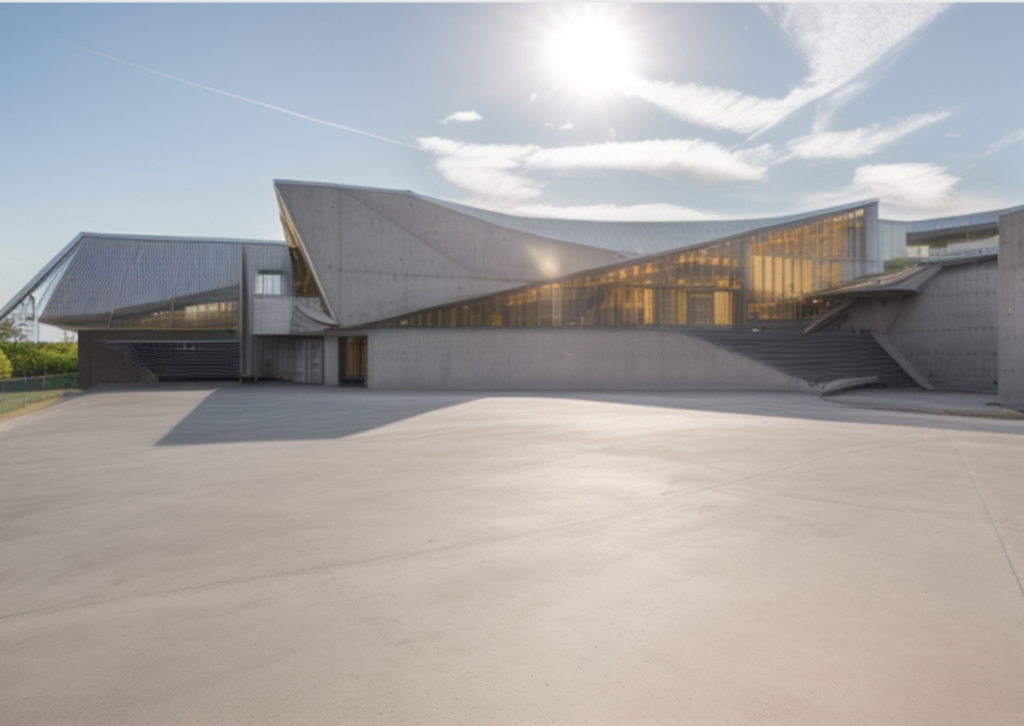
“In today’s volatile world with increasing crime rates, microstates like Saint Kitts and Nevis must exercise extreme caution in selecting candidates for these programmes. This necessity for caution is why the due diligence process is stringent – to ensure that those granted citizenship uphold the values and contribute positively to the nation’s security and prosperity.”
Dr. Sirous Motevassel
Our Q&A with Dr. Sirous Motevassel
Q.1 Dr. Sirous Motevassel, could you please tell us what initially drew you to the Investment Migration industry and how long you have been practising in this field?
As you know, my academic background is in International Law. This field delves into the relationship between individuals and states, and citizenship is a big part of that. Sometimes, having a certain citizenship can work in your favour, but other times, it can equally impose limitations.
One of the basic human rights is freedom of movement, where an individual has the right to move freely within a country and the right to leave a country. Something as basic as being able to move around freely is getting harder these days. A significant reason for that is our citizenship, which acts as a barrier that, most of the time, is out of our control. The root of that difficulty is politics. We often do not get to choose where we are born or what passport we get, and that can limit what we can do and where we can go. This is where my interest in the citizenship program started back in 2006.
These citizenship programs help make these difficulties easier. Although there are ways of acquiring citizenship through residency, many find it extremely challenging to access these opportunities given their country of origin, which prompted me to get into this field. I noticed a gap in the system and decided to explore it further, seeking ways to help individuals navigate the complexities of citizenship and achieve their goals.
“Without investment migration, the Saint Kitts and Nevis economy would have to depend on tourism. However, very few tourists visit the area unless they are on cruise ships passing by (…)”
Dr. Sirous Motevassel

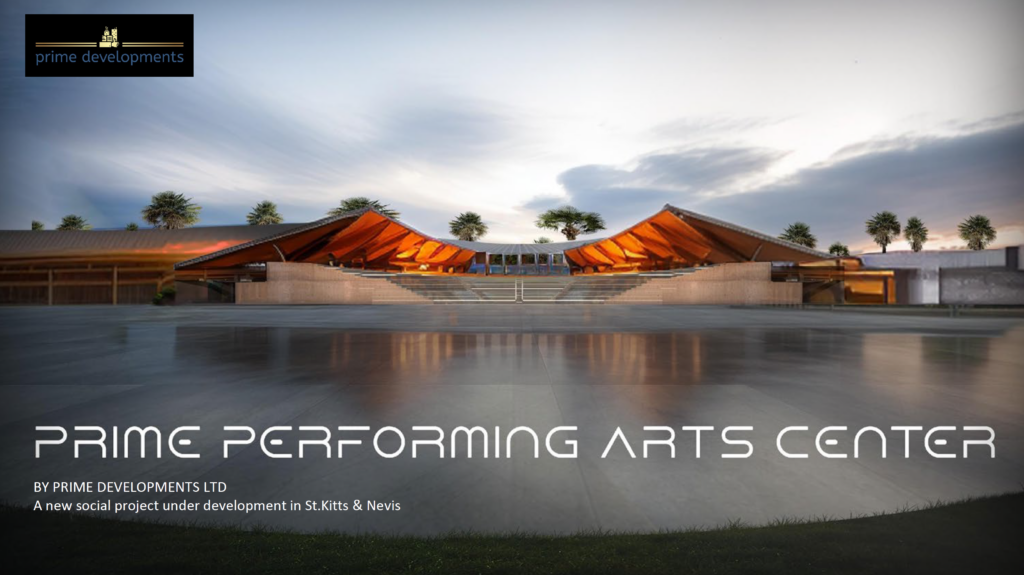
Q.2 You hold a doctorate in International Law, and your website explores the historical context of citizenship, which is likely to captivate our readers. Could you elaborate on your interest in the historical aspects of this theme and provide examples of how these historical insights relate to present-day scenarios?
In addition to my professional interests, I’m deeply committed to advocating for human rights, particularly against oppressive states. I strongly believe in supporting individuals who are helpless due to their citizenship status. Ensuring basic human rights for all is a fundamental principle that I’m dedicated to.
Q.3 Saint Kitts and Nevis has a storied history in the field of Investment Migration, having launched the very first citizenship by investment (CBI) program. Known for its strong leadership and pioneering role in the industry, the country also boasts some of the most rigorous due diligence processes globally. Could you explain the reasons behind these stringent measures?
Saint Kitts and Nevis is one of the world’s smallest states, ranking as the 8th smallest. Its Citizenship by Investment (CBI) programme was a pioneer in the field, making it one of the most sought-after programmes worldwide.
However, in today’s volatile world with increasing crime rates, microstates like Saint Kitts and Nevis must exercise extreme caution in selecting candidates for these programmes. This necessity for caution is why the due diligence process is stringent – to ensure that those granted citizenship uphold the values and contribute positively to the nation’s security and prosperity.
Q.4 What sets Saint Kitts and Nevis apart from other states in the Caribbean and beyond? What advantages does holding a Saint Kitts and Nevis passport offer in the current global dynamics?
The Saint Kitts and Nevis Citizenship stands out in several ways, making it unique among other Caribbean programs. Firstly, it offers access to a vast number of countries without the need for a visa, providing greater freedom for travellers. Unlike other Caribbean nations, except Dominica, their passports are valid for 10 years, offering long-term convenience to citizens. They were the first in citizenship by investment, initiating their program way back in 1984.
Their professionalism in managing this program sets them apart. They also prioritise the wellbeing of their citizens, maintaining regular contact and support. Saint Kitts and Nevis demonstrate their commitment to citizens abroad by establishing embassies and consulates in key locations such as the UAE and USA. This effort not only benefits citizens but also contributes to the nation’s economy. Overall, these factors make Saint Kitts and Nevis citizenship a highly desirable and advantageous option.
Q.5 While news media and politicians in the EU, US, and the UK often critique Investment Migration programs, such initiatives are crucial for the economies of small island states like Saint Kitts and Nevis, significantly boosting their GDPs. Can you provide examples of how Saint Kitts and Nevis has utilised funds from Investment Migration to directly enhance the living standards of its citizens?
Saint Kitts and Nevis has been involved in the citizenship by investment programme for a long time, being the first country to introduce such an opportunity. They have offered various options for obtaining citizenship through investment, such as contributing to the Sustainable Growth Fund (SGF)* or investing in real estate. These investments help the country economically by creating jobs for the locals and have acted as a catalyst in attracting major hotel chains like Park Hyatt, Marriott, and Four Seasons. However, investors often don’t see exactly where their money goes.
“Over the past three to four years, Saint Kitts and Nevis has established itself as a solid and reputable country. They have demonstrated high standards and have worked well with their international partners.”
Dr. Sirous Motevassel
In July 2023, Saint Kitts and Nevis introduced a very smart option called the Public Benefit Option (PBO). Through this program, donors can see the direct impact of their contributions. They don’t have to deal with property taxes or other expenses but still make a significant contribution to the economy and development of the country. This option allows investors to witness the tangible results of their donations, providing a more transparent and satisfying experience.
What is the Sustainable Growth Fund (SGF)?
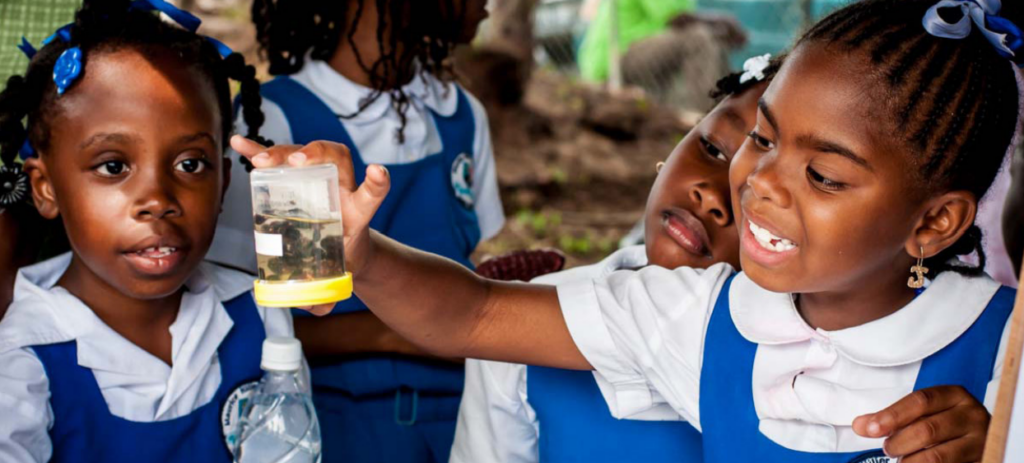
The Sustainable Growth Fund (SGF) serves as a pivotal vehicle for individuals to contribute to the sustainable development of Saint Kitts and Nevis. Through investments in the SGF, participants support various critical sectors essential for the nation’s prosperity. For instance, funds are directed towards improving education, ensuring access to quality schooling for all citizens and fostering a skilled workforce for the future.
Additionally, investments in healthcare bolster the nation’s ability to provide essential medical services, enhancing the well-being of its people. Climate resilience initiatives funded by the SGF aim to protect the twin islands from the adverse effects of climate change, safeguarding communities and natural resources. Infrastructure development projects, such as road networks and utilities, are also prioritised, laying the groundwork for sustainable growth and economic prosperity.
Furthermore, investments in tourism promotion and cultural preservation efforts showcase the nation’s unique identity while stimulating economic activity and job creation. Lastly, support for indigenous entrepreneurship fosters innovation and economic diversification, ensuring a vibrant and resilient economy for generations to come. Through these diverse avenues, the SGF empowers individuals to make a tangible and lasting impact on the future of Saint Kitts and Nevis, promoting sustainable growth and prosperity for all.
Q.6 Given the importance of Citizenship by Investment for these island nations, how well-prepared is Saint Kitts and Nevis to develop new economic strategies to counter potential losses from its Investment Migration program, especially amidst increasing international pressure?
Over the last 40 years, Saint Kitts and Nevis have mainly depended on a program where people can get citizenship by investing in the country. This program has been their primary source of income, shaping their economy.
Without the investment program, the local economy would have to depend on tourism. However, very few tourists visit the area unless they are on cruise ships passing by. As a result, hotels and other businesses do not generate enough income from tourism to keep the economy afloat.
In the past, the primary source of income for Saint Kitts and Nevis was cultivating sugar cane, but the region couldn’t compete with other countries in that industry. Nowadays, the local economy mostly relies on a limited number of tourists and this investment programme to sustain itself.
Q.7 Looking forward, how do you envision the development of the Saint Kitts and Nevis Citizenship by Investment program over the next three to five years?
In the last three to four years, Saint Kitts and Nevis have proven themselves as a solid and respected country. They’ve shown high standards and work well with their international partners. Because of this, they don’t allow citizens from countries under sanctions to apply for their citizenship by investment program. As was expe this decision has affected their program, leading to fewer people applying compared to other Caribbean citizenship programs. That’s also why their program is more expensive, comparatively. However, if they continue to stick to this approach in the future as well, they’ll build a strong reputation in the Citizenship by Investment industry.
Q.8 Finally, could you share with us an inspirational and influential figure you admire within the Investment Migration or Citizenship by Investment world? Who are they, and what makes them stand out to you?
I don’t admire any specific figure in this context; rather, I’m drawn to the concept and principles
behind citizenship by investment. This approach appeals to me because it offers mutual benefits, helping both individuals and governments.






